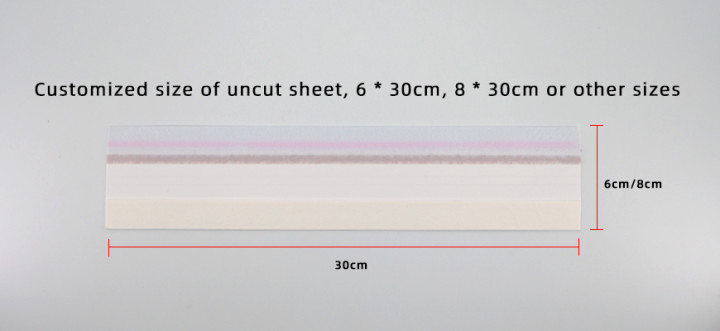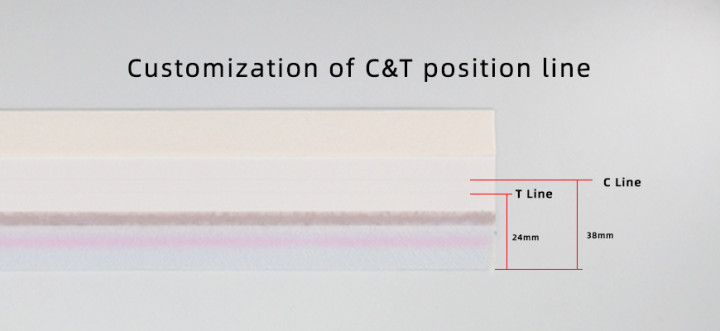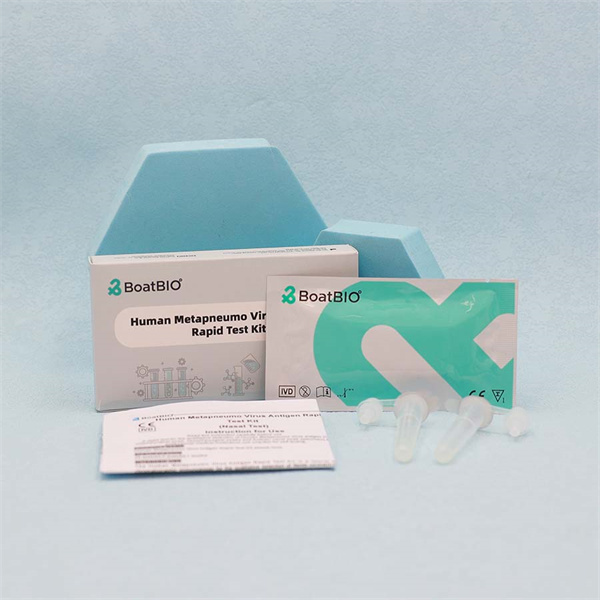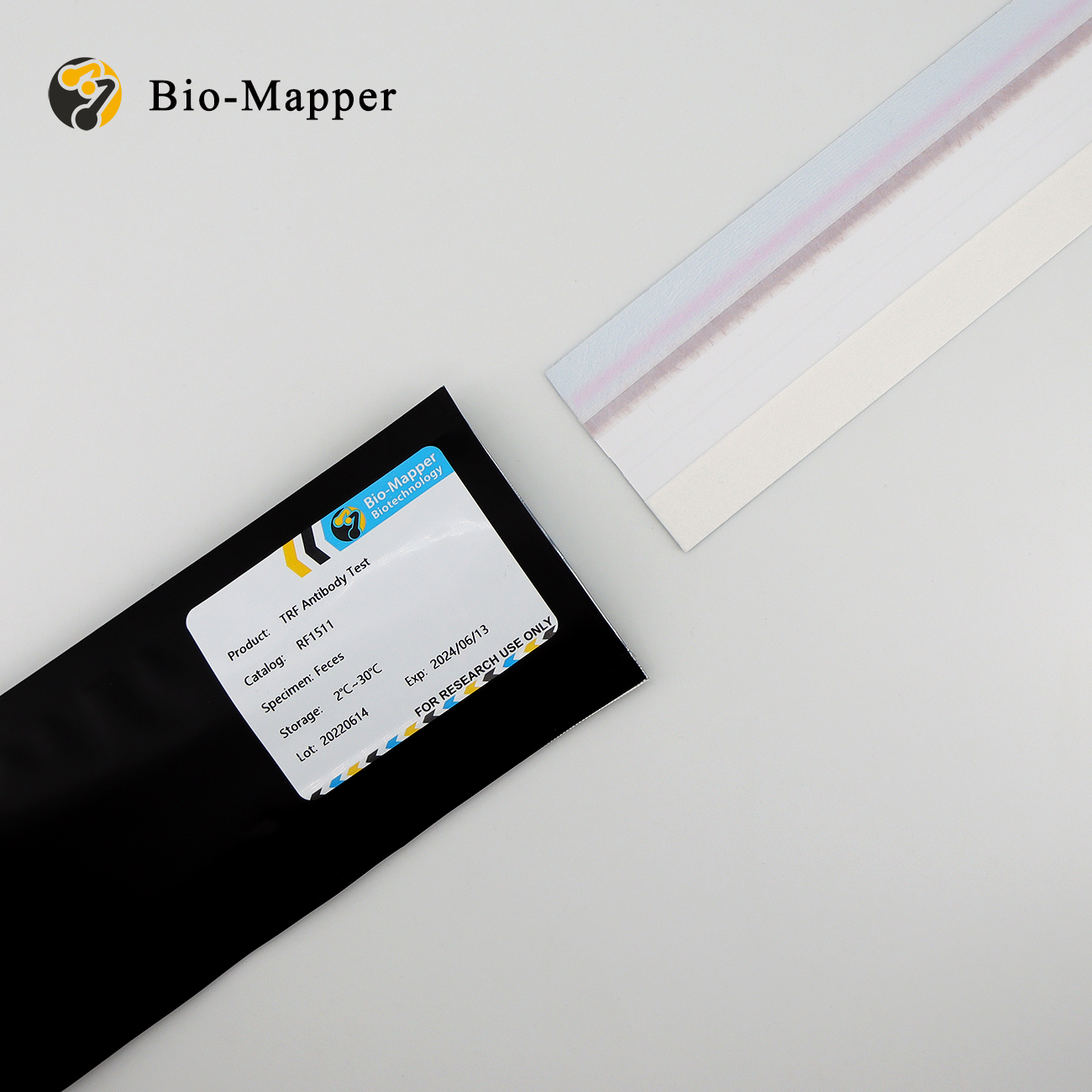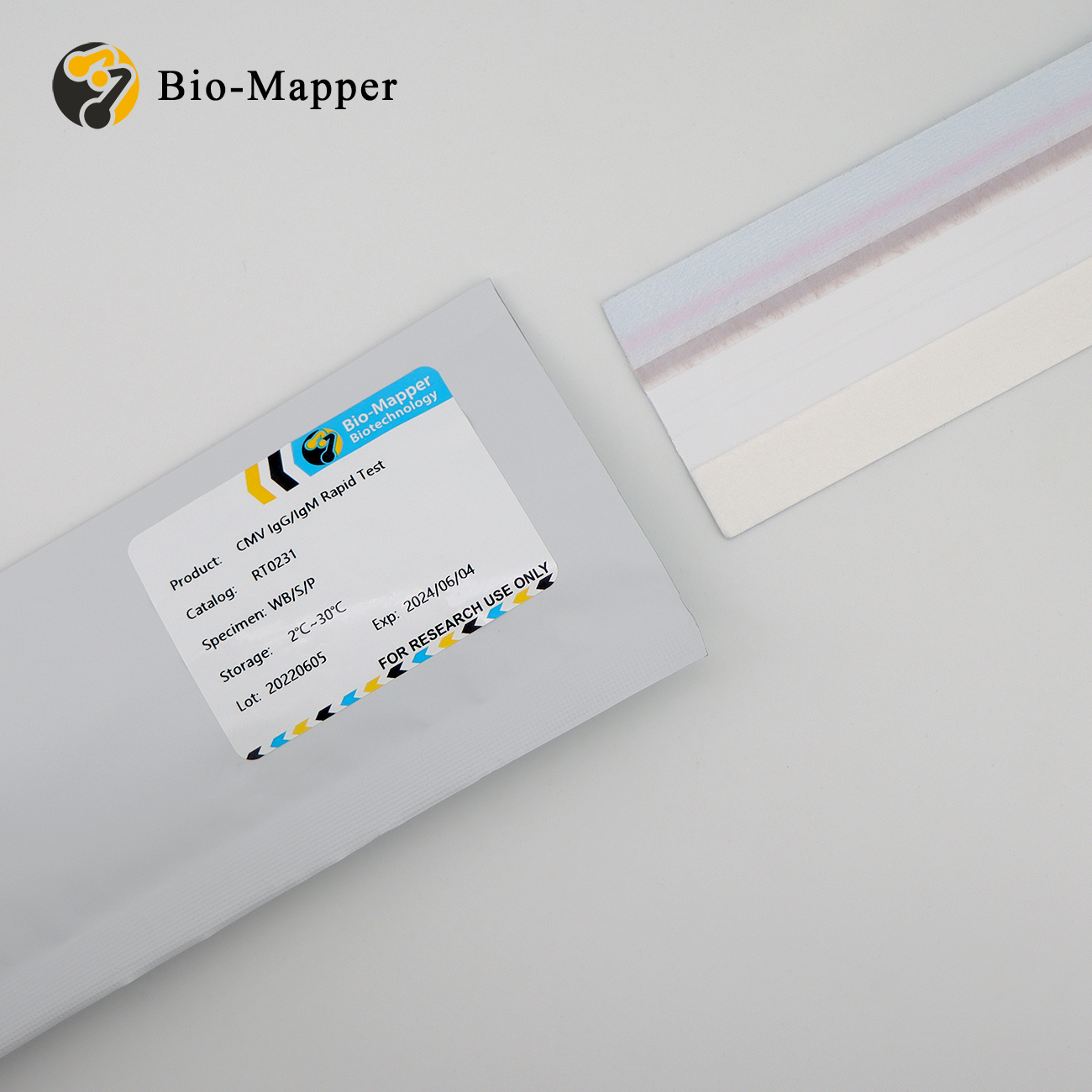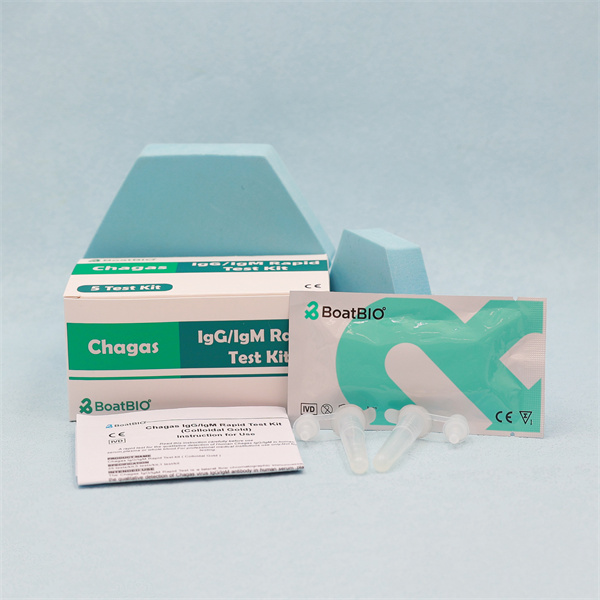Detailed description
HSV-2 virus is the main pathogen of genital herpes. Once infected, patients will carry this virus for life and suffer from genital herpes damage periodically. HSV-2 infection also increases the risk of transmission of HIV-1, and there is no effective vaccine against HSV-2. Because of the high positive rate of HSV-2 and the common transmission route with HIV-1, more and more attention has been paid to the related research on HSV-2.
Microbiological examination
Samples such as vesicular fluid, cerebrospinal fluid, saliva and vaginal swab can be collected to inoculate susceptible cells such as human embryonic kidney, human amniotic membrane or rabbit kidney. After 2 to 3 days of culture, observe the cytopathic effect. The identification and typing of HSV isolates are usually performed by immunohistochemical staining. HSV DNA in the samples was detected by in situ hybridization or PCR with high sensitivity and specificity.
Serum antibody determination
HSV serum test may be valuable in the following situations: ① HSV culture is negative and there are recurrent genital symptoms or atypical herpes symptoms; ② Genital herpes was clinically diagnosed without experimental evidence; ③ The collection of samples is insufficient or the transportation is not ideal; ④ Investigate asymptomatic patients (i.e. sexual partners of patients with genital herpes).




